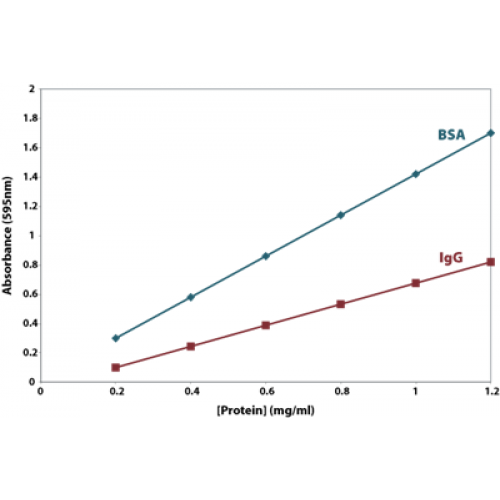
The answer is simple. It really doesn't matter as they are in fact the same.
Sepharose is a tradename for a crosslinked, beaded-form of a polysaccharide polymer material extracted from seaweed. Its brand name is derived from Separation-Pharmacia-Agarose.
Sepharose is a registered trademark of GE Healthcare (formerly: Pharmacia, Pharmacia LKB Biotechnology, Pharmacia Biotech, Amersham Pharmacia Biotech, and Amersham Biosciences).
This is also true for Sephacryl, which is acrylamide beads and Sephadex, which is dextrose beads.
The advantage of using agarose is that it offers:
- Chemical versatility
- Physical stability
- Low non-specific absorption
As a researcher, you should be more focused on the structure of the above features of the resins, not the commercial names!
G-Biosciences offers a large selection of active resins for binding to amines, carboxyls, carbohydrates, sulfhydryls, active hydrogens and more. For more information:







